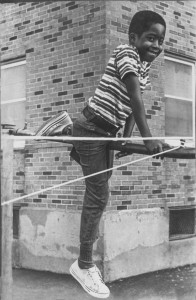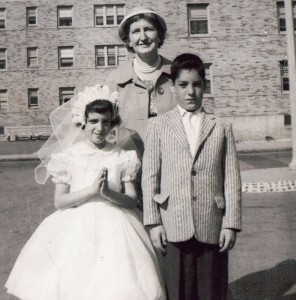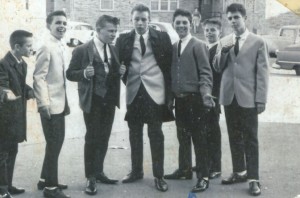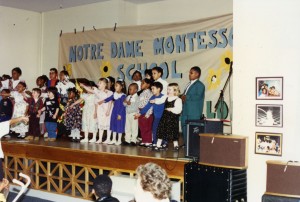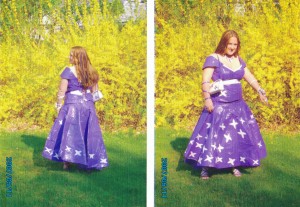
Duct tape prom dress, 2007. “My daughter, Christin, worked on this dress for months. She even made the sandals, purse, and necklace out of purple and white duct tape. She wore it to her high school prom. I’m so proud to be her mother.” Contributor: Denise Formosa.
The photographs and stories gathered at the Spencer Mass. Memories Road Show are available online now for research.
Held at the Spencer Town Hall on April 3, 2016, the event was organized by the Richard Sugden Library, Spencer Cable Access, the Spencer Historical Commission, and the Spencer Board of Selectmen.
Over twenty local volunteers collaborated with a team of UMass Boston staff members and “Roadies” from past Mass. Memories Road Shows to welcome nearly 80 adults and children with connections to the small town west of Worcester.
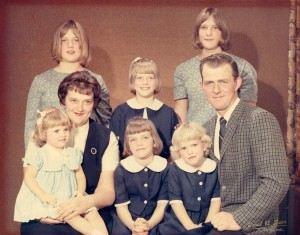
The Andrews family on Easter Sunday, 1969. “Pictured, from back to front, left to right: Donna Andrews, Darlene Andrews, Debbie Andrews, Nancy Andrews holding Diana Andrews in her lap, Dale Andrews, Denise ‘Buffy’ Andrews, and Albert ‘Sonny’ Andrews, Jr.” Contributor: Nancy Andrews.
Participants shared photographs and stories of themselves and their families at home in Spencer over the years. Many individuals contributed memories of marching in parades, performing in bands, and participating in sports competitions as well as a variety of other community activities. Images of life at work in local businesses and factories document aspects of town’s industrial heritage.
Several people brought materials documenting places in Spencer that are important to them, such as family farms, Peloquin’s Beach at Lake Whittemore, and St. Joseph’s Abbey. The 1955 flood and the great fire in Joe’s Junkyard in 1988 are among the memorable events represented in the collection.
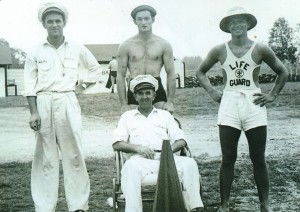
Peloquin’s Beach, c. 1938. “Pictured: my grandfather Albert R. Peloquin, my great uncle Robert Peloquin, and my great grandfather Albert J. Peloquin with an unidentified lifeguard. Location: Lake Whittemore.” Contributor: Vito J. Colonna.
The video interviews from this event are not yet available and will be added to the collection at a later date. Visit blogs.umb.edu/archives for updates.
Browse the Spencer Mass. Memories Road Show collection here.
The Mass. Memories Road Show is a statewide digital history project that documents people, places and events in Massachusetts history through family photographs and stories. In partnership with teams of local volunteers, we organize public events to scan family and community photographs and videotape “the stories behind the photos.” The images and videos are indexed and incorporated into an online educational database. Since its launch, the project has gathered more than 8,000 photographs and stories from across the state. It is supported in part by the Patricia C. Flaherty ’81 Endowed Fund at UMass Boston.
University Archives & Special Collections in the Joseph P. Healey Library at UMass Boston was established in 1981 as a repository to collect archival material in subject areas of interest to the university, as well as the records of the university itself. The mission and history of UMass Boston guide the collection policies of University Archives & Special Collections, with the university’s urban mission and strong support of community service reflected in the records of and related to urban planning, social welfare, social action, alternative movements, community organizations, war and social consequence, and local history related to neighboring communities. To learn more, visit blogs.umb.edu/archives.
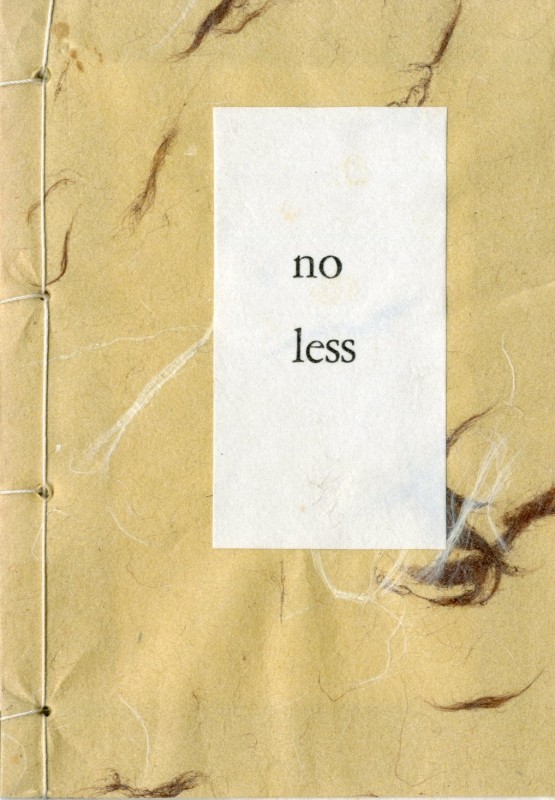
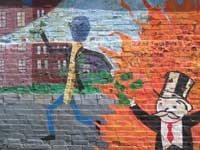
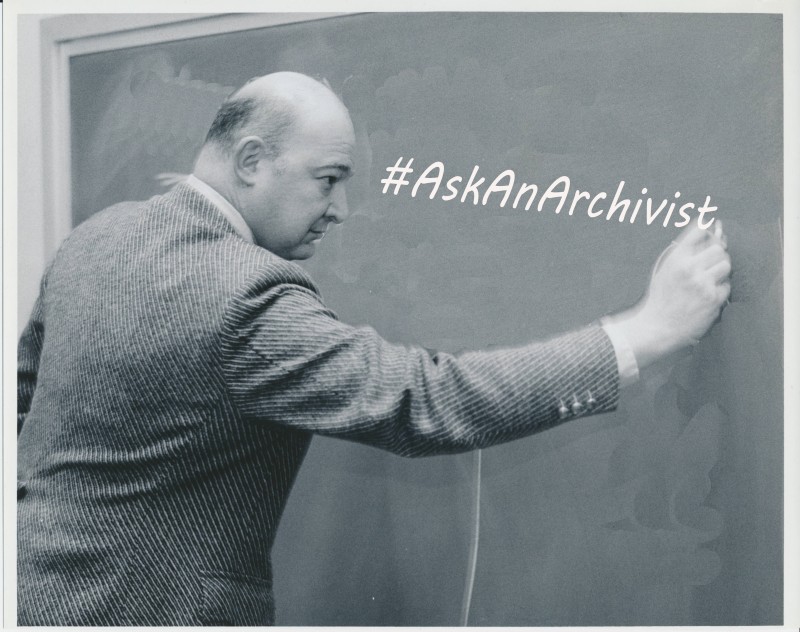 On Wednesday, October 5, archivists around the country will take to Twitter to answer your questions about any and all things related to archives. This day-long event, sponsored by the
On Wednesday, October 5, archivists around the country will take to Twitter to answer your questions about any and all things related to archives. This day-long event, sponsored by the 